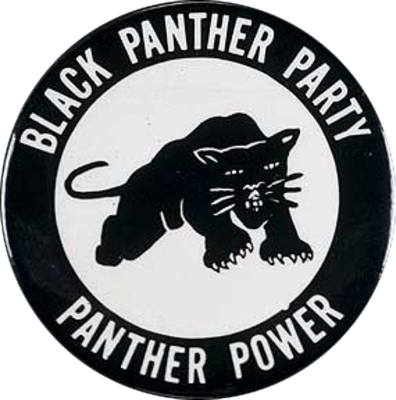



On July 4, 1966, nearly 200 Black youth at Good Park stood up to police brutality. Police cars were rocked and the park was barricaded. The outrage started the night before when two cops rough-handled two Black youth for staying at the park past 10 p.m.
The Des Moines Register reported that tension had been “brewing for several nights.” On the night of July 5, the cops conducted a random sweep of the area, arresting seven teenagers.
Dr. Reynaldo Anderson said, “Although Des Moines did not have a major ghetto like Los Angeles, the heartland city had serious urban problems such as racial unrest, segregated education and police brutality.”
Whites and Blacks in Des Moines traditionally lived in separate worlds, according to historian Victor Cools. Urban renewal threatened the city’s Black neighborhoods when the federal government funded two slum clearance and construction projects in a Des Moines “model cities” area.
Center Street in northwest Des Moines was mostly inhabited by members of the Black community. By the early 1960s, most of the neighborhood was torn down. “Many Center Street residents lost their homes. Businesses closed or moved to new locations and the city lost a vibrant business district.” (Iptv.org)
Later that year, the national Black Panther Party for Self-Defense was founded in Oakland, Calif.
Iowa State Historical Society scholars Bruce Fehn and Robert Jefferson conclude, “The July 1966 Good Park riots were a prelude to the emergence of a new, more radical politics, later mobilized by members of the Des Moines chapter of the Black Panther Party for Self-Defense.”
In 1967, shortly after graduating from high school, Des Moines resident Mary Rem went to Oakland to visit relatives. She met Bunchy Carter, head of the Los Angeles chapter of the Black Panthers, and other revolutionaries.
As noted by Dr. Anderson, “Rem yearned for a new kind of organization in the Midwest that would organize for political change and mobilize against the oppressive conditions in the Black community.”
Shortly after returning to Des Moines, Rem’s meeting with activist Charles Knox led to the founding of the Des Moines, Iowa, Black Panther Party, with an official branch established in 1968.
At the group’s peak, the Des Moines Panthers had over 100 members. They operated a successful Free Breakfast program to feed children of elementary and junior high school age.
Even though that particular chapter in history is closed, revolutionary-minded workers should remember the following from the Black Panther Party’s Ten-Point Program:
“We want education for our people that exposes the true nature of this decadent American society. We want education that teaches us our true history and our role in the present-day society.”
As we observe the ongoing negotiations between the United States and Iran, we, the undersigned,…
Hamas issued the following statement on April 24, 2025, published on Resistance News Network. The…
By D. Musa Springer This statement is from Hood Communist editor and organizer D. Musa…
Portland, Oregon On April 12 — following protests in Seattle and elsewhere in support of…
This statement was recently issued by over 30 groups. On Friday, March 28, Dr. Helyeh…
When Donald Trump announced massive tariffs on foreign imports April 2, Wall Street investors saw…